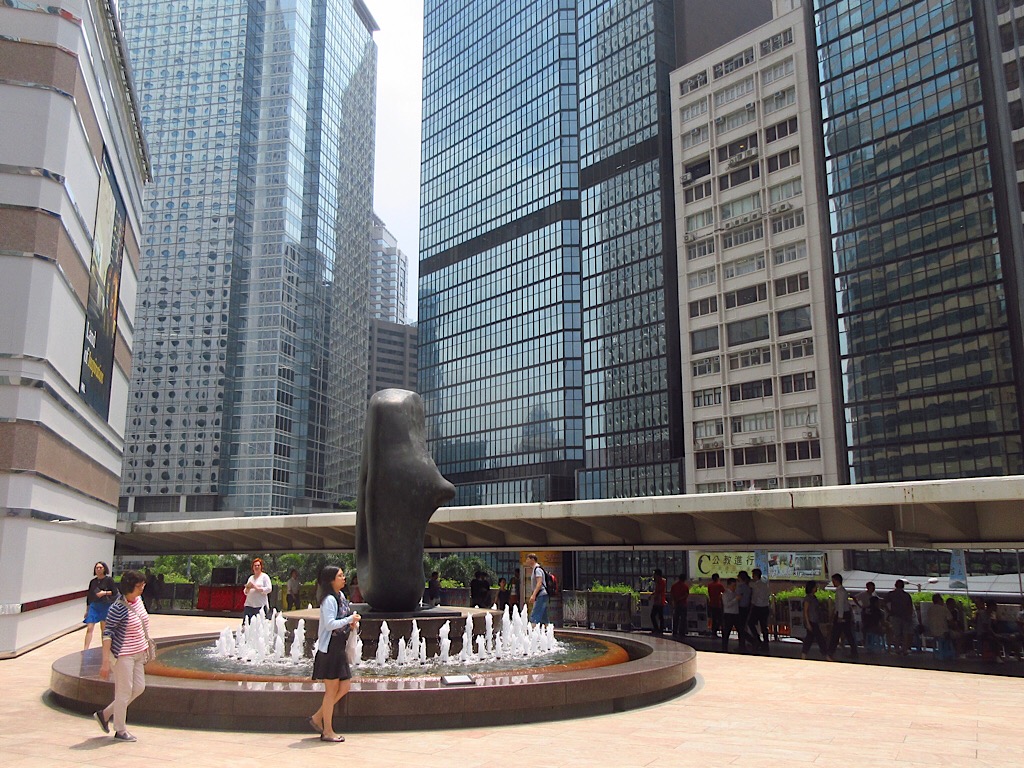3 Mins Read
New research by the Canadian Centre of Architecture (CCA) has explored the mostly hidden links between Hong Kong’s financial district and global environmental damage. Finding a connection between the physical financial spaces in the city and climate change events, the research group aims to present their findings in a virtual web documentary called Market Landscape.
The purpose of the study, led by architects, academics and students, was to make people think about the footprint of their environmental surroundings. “We want people to think about the spaces in which they sit and eat a sandwich,” said Sben Korsh, teaching assistant at the University of Hong Kong’s Landscape Architecture division.
Anthropogenic activities have driven temperature rises and extreme weather patterns to the point of a global climate emergency. According to research from environmental organisations Carbon Disclosure Project and The Climate Accountability Institute, as few as 100 corporations are responsible for as much as 71% of the world’s carbon emissions. While many may question how this specifically relates to Hong Kong’s finance and banking industry, analysis from the CCA has made this link more clear.
Hong Kong’s economy and climate change are intertwined through the way money flows from the city’s banks and firms to environmentally unfriendly industries. Before ditching their palm oil investments due to public pressure demands in 2017, HSBC stood as one of the world’s largest financiers of palm oil plantations responsible for (often illegal) rainforest destruction. CK Hutchison Holdings owns Calgary-based Husky Oil, one of the biggest players in the tar-sands sector accountable for blended heavy crude-oil spills in nearby rivers, degradation of local forests and waterways, and huge amounts of greenhouse gas emissions.
Besides the environmental damage caused by the oil industry, pipelines that lead away from the tar sands have been pockets of land dubbed “man camps” where severe rights-abusing crimes have been reported. These temporary settlements that have housed pipeline workers have been linked to incidents of murder and abduction of Indigenous girls and women, according to a Canadian government commission.
Hong Kong’s financial district is not just responsible for funding climate unfriendly operations around the world, but its physical landscape design also reflects a dark side of environmental harm and related human injustices. Cheung Kong Park, which is situated behind multinational conglomerate CK Hutchison Holdings, can be viewed as a symbol of partnership between Hong Kong finance and global climate change through its artificial concrete geology.
“We link that to the geology of extracting oil from bitumen in Alberta,” explained Korsh.
The same links can be found in the architectural design of other buildings in the district. Water features that surround the Bank of China Tower, for example, serves as a reminder that the bank funds an Indonesian dam project that directly threatens the natural habitat of orangutans. The slowly wilting urban farm erected behind the ICBC Tower is “just for show” and a case of greenwashing. The PR-stunt, according to Assistant Lecturer Maxine Decaudin, represents ICBC’s financing of the controversial Dakota Access pipeline project – a venture that makes settler farmers and Indigenous groups vulnerable.
The research group hopes that their study can demonstrate to the public the clear connection between Hong Kong’s seemingly innocuous spaces and injustices of various kinds. To do this, they are working on a creative audio documentary programme for a walking tour of the district, and will release the series this coming autumn.
Lead image courtesy of Wikimedia Commons.




